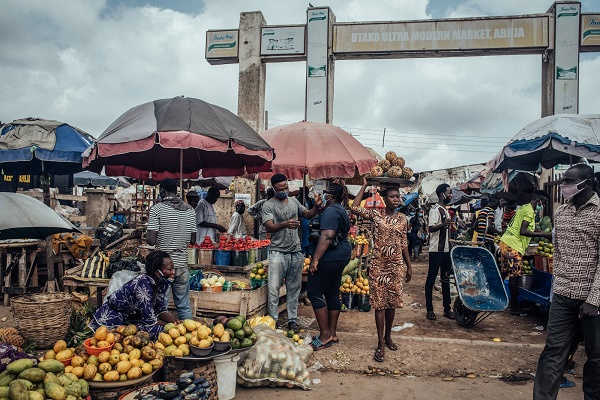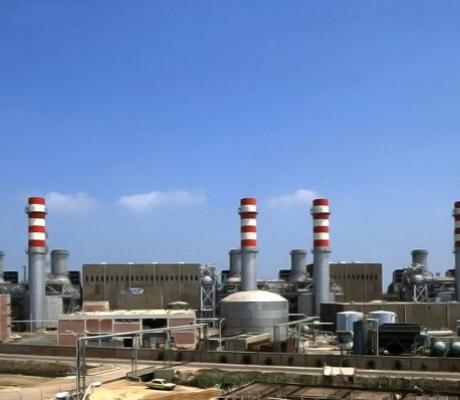Nigeria’s private-sector credit growth slowed in November to the lowest level since April, when the measure shrank by a record 61%.
A slump in oil prices and the second annual contraction in Africa’s biggest economy in four years is weighing on demand even after two interest-rate cuts in 2020.
Nigeria normally accounts for an average output of two million barrels per day. But the effects of the pandemic and low oil prices have cut production to approximately 1.4 million barrels.
Following Nigeria’s first confirmed COVID-19 case in late February, lockdowns were imposed from late March until early May in the main cities – economic hub Lagos and the capital, Abuja.
Lockdowns were also imposed in some of the country’s other states and a ban was placed on interstate travel.
Banks are reluctant to extend credit, fearing non-performing loans will increase after restructuring piles of debt owed by their customers.
Source: bloomberg.com






